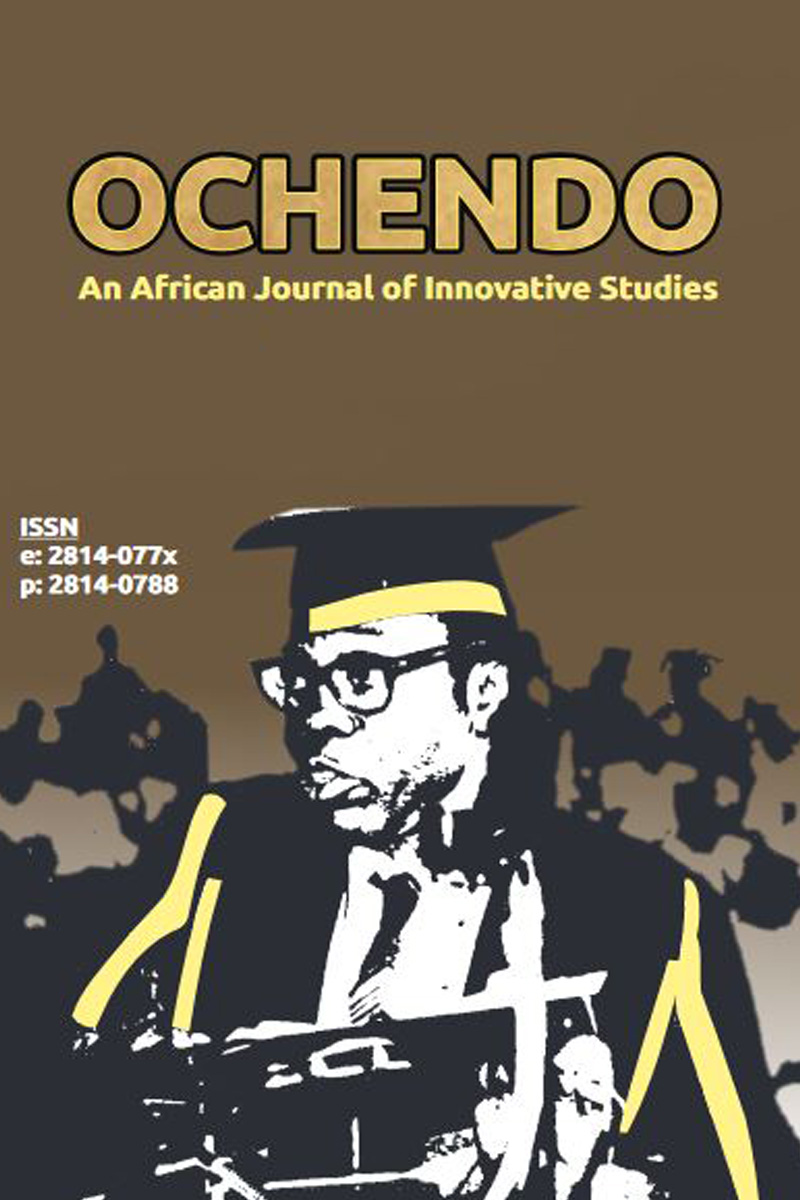 OCHENDO - An African Journal of Innovative Studies (OAAJIS) (Vol. 4 No. 4, 2023)
JEAN PAUL SARTRE’S CONCEPTION OF FREEDOM AND DEATH: A PHILOSOPHICAL ANALYSIS
OCHENDO - An African Journal of Innovative Studies (OAAJIS) (Vol. 4 No. 4, 2023)
JEAN PAUL SARTRE’S CONCEPTION OF FREEDOM AND DEATH: A PHILOSOPHICAL ANALYSIS
ABSTRACT
Without a doubt, the human being is a free being. He is an intelligent being with the ability to make important decisions that can affect not only his own life but also the lives of others. These abilities show that certain parts of human existence may surely be altered by a person's free will. However, there are unavoidable everyday situations in which a person's independence and ability to make decisions are curtailed or even seem to be taken away from him. This article uses the hermeneutic method. Hermeneutics is the theory and methodology of interpretation Hermeneutics is the theory and methodology of interpretation. This method is deemed appropriate in this situation since it makes elucidating Sartre's views on freedom and death relatively convenient. The primary objective of this paper is to hermeneutically reflect on two significant and intimately connected topics of Jean-Paul Sartre's existentialism: freedom and death. Conforming to Sartre, man first exists and then independently establishes his nature via deliberate decisions. However, he sees death as a phenomenon that prohibits freedom and happens regardless of human choices. This essay aims to demonstrate any possible link between freedom and death in Sartre's ideas. Sartre's claim that man is completely free yet that same freedom is constrained by death is examined for logic and consistency. The main purpose of the research work is to lessen contradictions in this Sartrean viewpoint by attempting to give a better interpretation of it.

